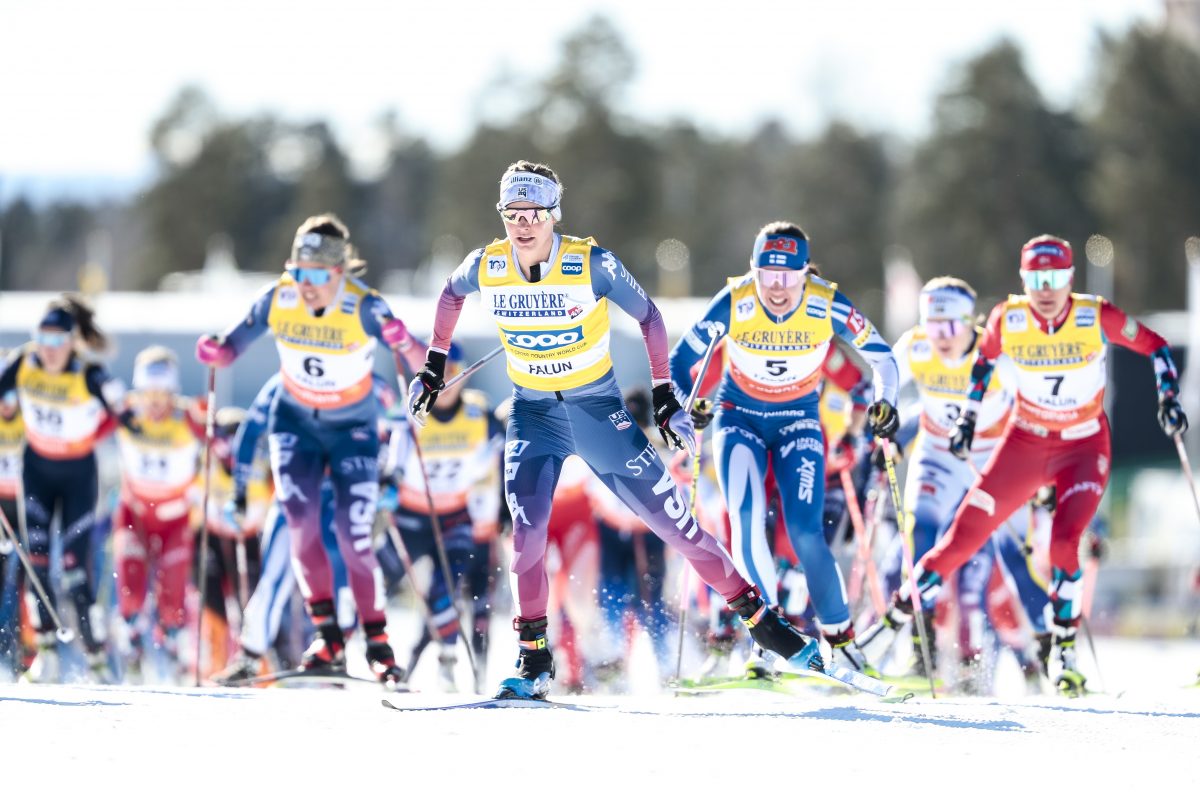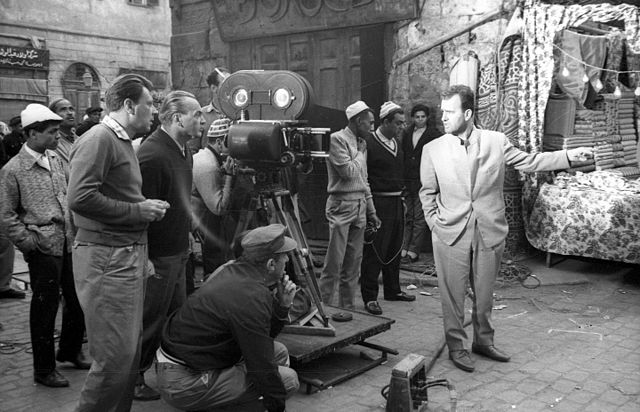
A dispute between the Finnish ski federation and members of the national team was resolved on Monday, the federation reported, meaning that all 18 members of the team have rejoined the coaching staff and are training together in the final period before World Cup competitions begin.
“Now it’s finally time to focus only and exclusively on elite sport,” a group of athletes who had been training independently while embroiled in the conflict said in a joint press release.
The problems originated with a clause in the athletes’ contracts stipulating that skiers born after 1987 must pay five percent of their prize money to the federation. The rule was first written into contracts in 2008, when it affected a single young member of the national team. But as team composition changed, it affected more and more athletes and last season, the rule garnered the federation roughly a thousand euros. According to Finnish team leader Reijo Alakoski, all of that money was reinvested in the junior program.
The cash may have helped young skiers develop into national-team prospects, but nobody is thrilled by the idea that once they “make it”, those same skiers will be handing their money back to the federation. Even senior members of the team are up in arms, with many refusing to sign their contracts.
Only four skiers had done so – all women – and head coach Magnar Dalen had just a skeleton squad going into a training camp in Val Senales, Italy last week. World champion Matti Heikkinen was left behind, along with World Championship medalists Sami Jauhojaervi, Ville Nousiainen, and Krista Lahteenmaki.
Lahteenmaki wrote on her blog that she found it particularly harsh that young skiers were required to fork over their cash because prize money makes the biggest difference early in a skier’s career. At just 21 years of age, she has already won two World Championships medals. She’s also one of the athletes affected by the five-percent provision.
“I just do not understand why they want the money only from the young, why not subject everyone to the same rule?” she wrote. “In fact, I feel that the money which I got is really important… It is the spark, why the athletes want to invest more and more [effort in the sport].”

Jauhojaervi made similar comments to the press and called for the provision to be dropped from the national team contracts.
“Mainly, it would be equal in terms of the young athletes being treated as we are treated,” he told the Finnish Broadcasting Company. “The team’s financial situation has improved and it shouldn’t be funded by the success of young athletes.”
Although Jauhojaervi was not affected by the provision, he is the captain of the Finnish team and took it upon himself to fight what he saw as an ethical battle.
“It’s about equality under the law,” he told Bergen News. “It’s one of the basics of the Olympic ideology.”
Alakoski, the team leader, told the same newspaper that the provision could be considered a tax, and that successful athletes should be happy to give something back to their teammates.
But Lahteenmaki didn’t share his rosy vision.
“Is this the right way to treat athletes?” she asked on her blog. “Why should I encourage young people to continue in this sport, when I know what is waiting for them?”
The standoff dragged on all summer, but with the race season rapidly approaching things came to a head. Without officially being on their national team, the skiers could not represent Finland in international competition. In addition, they were not invited to training camps like the one in Italy, and instead trained on their own. By mid-October, this no longer seemed acceptable.

Four-time world champion Aino-Kaisa Saarinen said that these considerations were what ultimately caused her to sign the contract even though she didn’t agree with the five-percent provision. She was one of the four athletes who were cleared to travel to Val Senales.
“I signed the contract and left the politics behind,” she wrote in a blog post. “I decided that the Val Senales camp would be the best. And if I don’t earn money, how can I support my family? As a professional athlete, I had no choice.”
Lahteenmaki described how the dispute, which played out very publicly in the Finnish media, had affected her training.
“On Wednesday, we were informed that the majority of the squad have been separated, and on Friday we would have had to leave the camp in Italy,” she wrote on her blog, adding that in the following days she spent her time talking to the media and waiting for communications from the ski federation; Jauhojaervi told a Finnish news website that he had spent ten hours negotiating in just a single day last week.
“Of course, in this situation, training would have been futile,” Lahteenmaki wrote.
While Saarinen made her choice somewhat earlier than most of her teammates, in the end they all had to agree with her rather than spend more time talking to the press and the ski federation. After losing what some claimed was the most important week of training leading up to next month’s World Cup openers in Beitostolen, Norway, the skiers said that enough was enough and issued a joint press release.
“[We] are willing to compromise and willing to sign the contract that the union previously offered,” they said. “The athletes hope that the association’s board still can remove the so-called five percent clause from the contract. If the Board does not agree to it, the athletes are still signing contracts because they have already missed a week of training, both mentally and physically.
“Despite the compromise, the underlying conflict between athletes and federations have not disappeared.”
The federation promised to revisit the issue at the end of the season, before the skiers are given new contracts to sign for the 2012-2013 season.
“I can’t believe this was all over a thousand euros,” Alakoski said. “But despite that we hope to return to this in the spring.”
In the meantime, the athletes are back training with head coach Magnar Dalen, and the fight has given them a greater sense of unity.
“I greatly appreciate that the team that was ready to fight for our young people,” Lahteenmaki wrote. “Also, all the support that has come from outside our group has been really important. All of this has … created a belief that our fight is for the right cause.”



